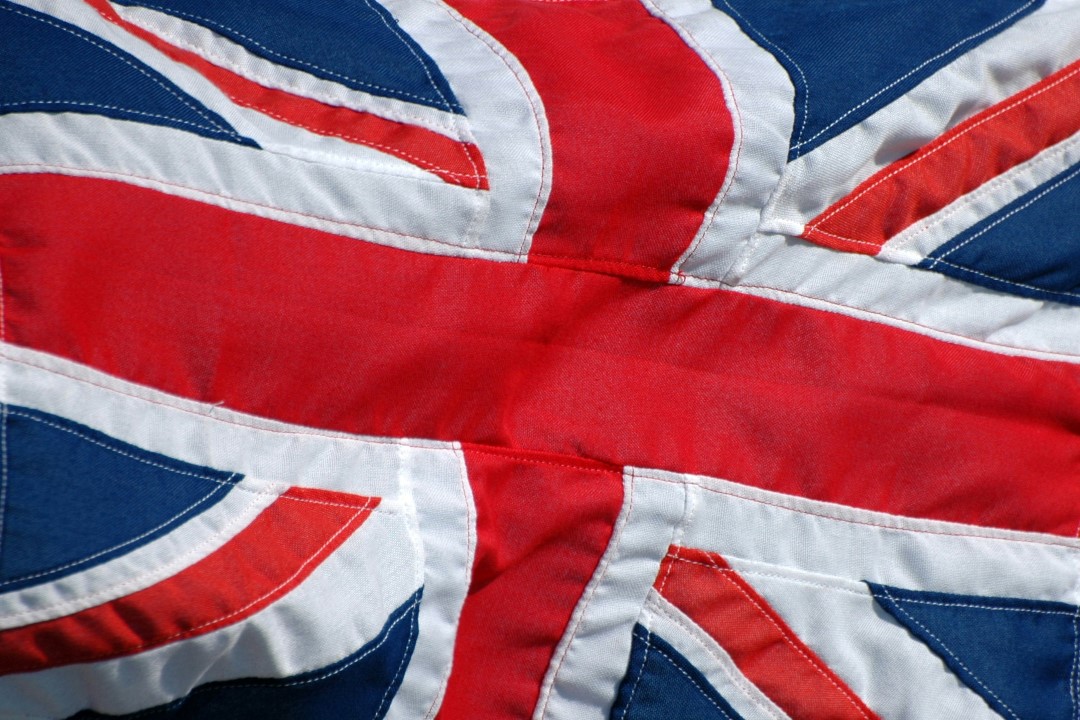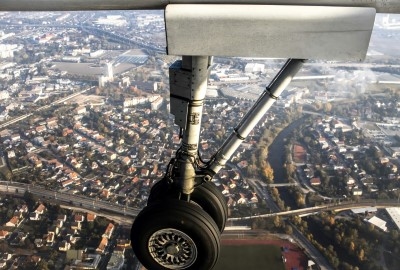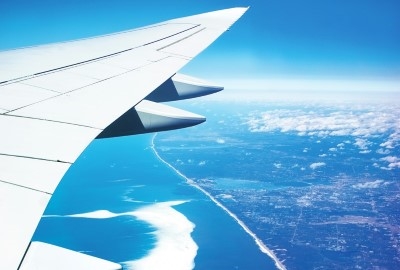UK government aims for 10% sustainable aviation fuel by 2030
The UK government aims to incorporate at least 10% sustainable aviation fuel (SAF) into its jet fuel mix by 2030. The move is part of the government's ‘Jet Zero’ strategy to achieve net-zero emissions in aviation by 2050.

According to a report by ESG Today, this initiative forms a pivotal part of the government's strategy, aiming to achieve a net-zero emissions aviation sector by 2050. The mandate is also expected to drive substantial economic benefits, with around 1.2 million tonnes of SAF supplied annually to the UK airline industry, adding over £1.8 billion to the economy and creating over 10,000 jobs.
Greenhouse gas emissions reductions
SAF, derived from sustainable resources like waste oils and agricultural residues, offers a promising solution to curb emissions, with potential lifecycle greenhouse gas emissions reductions of up to 85% compared to conventional fuels.
While the adoption of SAF presents a critical step towards achieving sustainability goals, challenges such as low supply and high prices pose significant hurdles. Currently, SAF represents less than 0.1% of jet fuel volumes globally. However, the UK government's mandate seeks to accelerate both the supply and demand for SAF, with interim targets of 2% SAF in the fuel mix by 2025 and 22% by 2040.
Form commitment
To mitigate potential impacts on consumers, the government plans to implement a review mechanism to manage prices and minimize the impact on ticket fares for passengers. UK Transport Secretary Mark Harper emphasized the significance of these measures in supporting economic growth while fostering sustainable aviation practices. The announcement signals a firm commitment towards building a greener future for air travel, ensuring that the industry remains viable while addressing environmental concerns, ESG Today reports.


